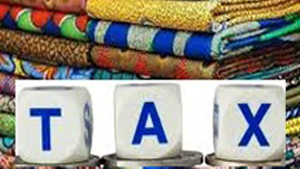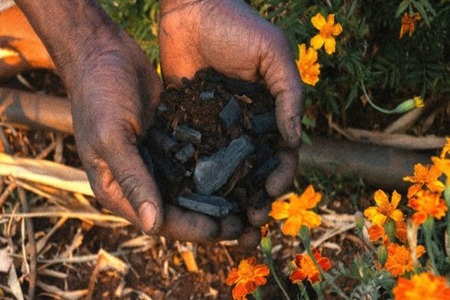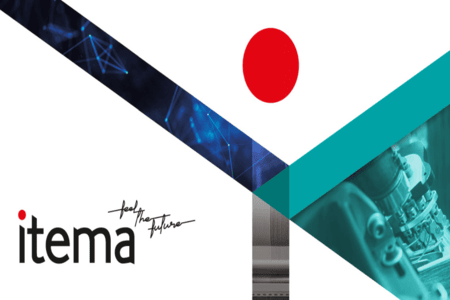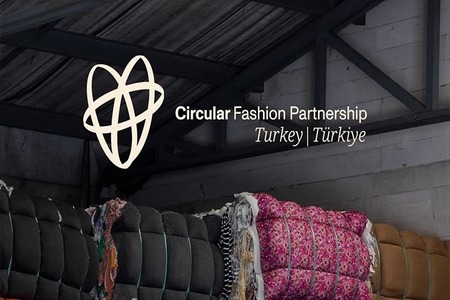
Pakistan taxation policies to lessen the prospects of value added textile growth
YarnsandFibers News Bureau 2014-03-10 15:26:00 – KarachiThe Pakistan government plans to impose five percent tax on imports of cotton yarn and increase sales tax, for value-added textile sector, to five percent is termed as 'hostile' policies by exporters. As the government, through its taxation policies turning prospects of the value-added textile growth under GSP Plus advantage into an uncompetitive level in the EU markets.
Pakistan's value-added textile sector is undergoing a stress of double-impact, one from Pakistani government and the other from Indian government. The Pakistan government should attain a similar concession for apparel textile exporters to compete with India in the US markets.
India gives seven percent tax relief to textile exporters for EU and US markets that is Indian exporters will have now two percent tax relief under Duty Credit Scrip (DCS) to land their goods in EU and US markets, an increase of five percent in rebate, cumulatively a seven percent relaxation.
The Indian government's move will offset Pakistan's advantage of GSP Plus for textile goods in EU markets, said chief co-ordinator, Pakistan Readymade Garments Manufacturers and Exporters Association (Prgmea), Ijaz A Khokhar.
While Indian government's move of big tax relief will upstage the country's exports, on the other hand, Bangladesh has inked a long-term accord with the key global buyers of textile goods.
Pakistan has only a nine percent tax and duty advantage in the EU markets under GSP Plus regime, while India plans to provide a seven percent relief to exporters, thus leaving Pakistan with just two percent edge and the apparel textile sector facing energy and raw martial shortages and high utility charges which scales back output significantly. Manufacturing units are functional just at 40 percent capacity since electricity and gas are short and expensive.
Any kind of taxes will worsen local exports condition on global competitive markets. The government's fluctuating tariffs mechanism for utilities has made it difficult for exporters to confirm their deals with the global buyers as a large number of them are skeptic about Pakistan's timely shipment of the consignments.
Pakistan's survival in the EU and US markets is at risk if the government imposed five percent duty on cotton yarn import and increases sales tax from two to five percent.
Global buyers are in a 'perfect' grip of Indian and Bangladeshi textile exporters, which is a challenge to the country's ailing and stunted sector to compete with its rivals in world markets.
Market Intelligence
Ask for free sample Report

experience
Customer Base
dedicated team
Countries Served Worldwide









